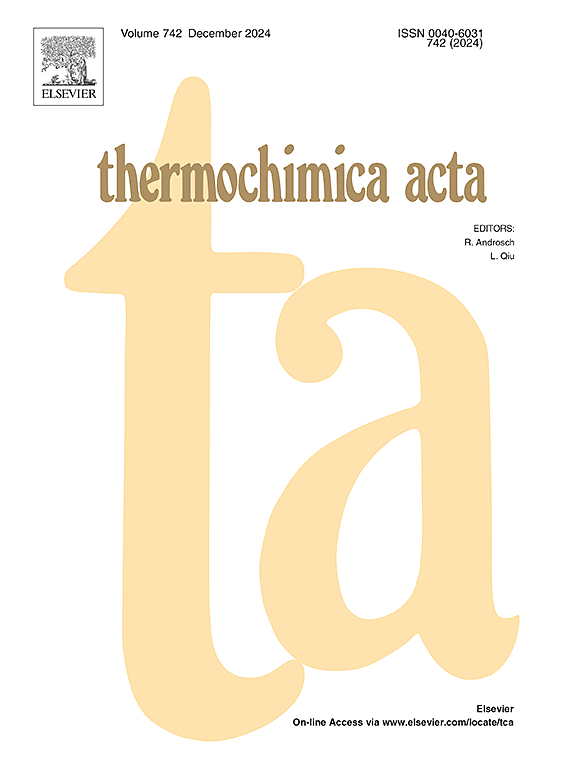How to correctly evaluate kinetics based on experimental data of reaction calorimetry
IF 3.1
2区 化学
Q2 CHEMISTRY, ANALYTICAL
引用次数: 0
Abstract
Reaction calorimetry (RC) is a powerful experimental technique with a wide range of applications. A significant advantage of RC is the ability to simultaneously measure the heat generated by the reaction and the current composition of the reacting mixture, which provides more complete information about the reaction and its kinetics. This makes it a useful tool for studying reaction kinetics, although this method is rather complicated and requires a thorough elaboration of the methodology of experimentation and data processing.
The literature on RC theory is extensive, yet there is a lack of recognition regarding some methodical aspects of utilizing RC data to construct kinetic models. This paper aims to draw attention to these aspects. In particular:
the need for careful analysis of experimental data is emphasized and demonstrated,
the importance of applying the concept of key species to obtain unique kinetics is shown, as is the need to consider the effects of feed rate and reactants’ ratios to properly plan kinetic experiments,
the usefulness of kinetic modeling for better understanding of reaction progress is demonstrated.
The material is based on the results of a study of the well-known methanol - acetic anhydride esterification reaction taken from the literature.
求助全文
约1分钟内获得全文
求助全文
来源期刊

Thermochimica Acta
化学-分析化学
CiteScore
6.50
自引率
8.60%
发文量
210
审稿时长
40 days
期刊介绍:
Thermochimica Acta publishes original research contributions covering all aspects of thermoanalytical and calorimetric methods and their application to experimental chemistry, physics, biology and engineering. The journal aims to span the whole range from fundamental research to practical application.
The journal focuses on the research that advances physical and analytical science of thermal phenomena. Therefore, the manuscripts are expected to provide important insights into the thermal phenomena studied or to propose significant improvements of analytical or computational techniques employed in thermal studies. Manuscripts that report the results of routine thermal measurements are not suitable for publication in Thermochimica Acta.
The journal particularly welcomes papers from newly emerging areas as well as from the traditional strength areas:
- New and improved instrumentation and methods
- Thermal properties and behavior of materials
- Kinetics of thermally stimulated processes
 求助内容:
求助内容: 应助结果提醒方式:
应助结果提醒方式:


